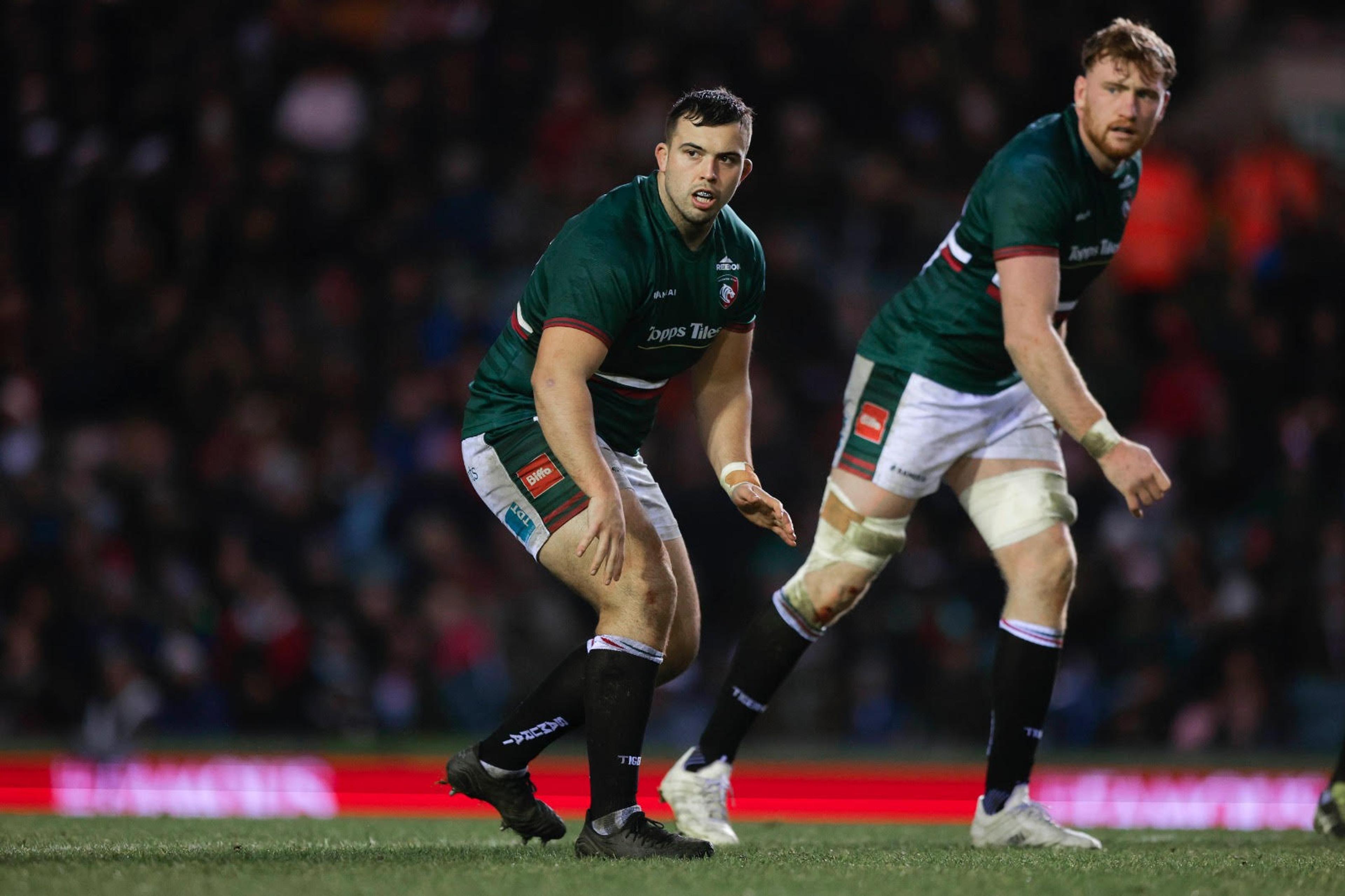James Whitcombe talks rugby, social media, and mental health

Izzy Payne
29.06.2023

Sport has been fundamentally changed by technology over the years, but is every technological advancement good for the sporting world?
Social media and professional sport
Social media is a core part of our modern lives. The average Joe spends around five hours every day consuming content from social media. But in a world where everyone can be a pundit with an online platform and considerable followings, how do professional athletes navigate the world of social media?
Platforms like Instagram and TikTok have revolutionised the way fans consume and interact with content, and rugby teams are no exception to this trend. We chatted to James Whitcombe, a professional rugby player, about how young sportsmen and women are navigating the often perilous waters of social media.
Social media and player promotion
Social media has also allowed players to build their personal brands and connect with fans online. Players can share their training routines, their thoughts on games, and even their personal lives, giving fans a glimpse into their private world. This has allowed players to gain a following of their own, which can be leveraged for sponsorship deals, endorsements, and other opportunities.
“Biggest thing with social media as an athlete is growing your own profile to lead to opportunities with brands” explains James Whitcombe, a 22-year-old prop who has achieved great success both at Leicester Tigers and for England U20s. “You can build your own following on Instagram Twitter or even TikTok, and it’s great for sponsorship deals. Getting those opportunities with brands is so worthwhile.”
And he’s not wrong. Having a strong personal brand has historically been the secret ingredient to professional sporting success. Nowadays, social media allows professional athletes to provide fans with an inside look at their personalities whilst players could profit, allowing players to make money whilst strengthening their fan base.
Social media and fan engagement
Social media enables professional athletes to connect with their fans in ways that were previously impossible. Fans can now follow their favourite teams and players on platforms like Twitter, Facebook, and Instagram, and gain access to behind-the-scenes content, player interviews, and team updates.
“I love interacting with fans and supporters,” explains James. “Like everything, you get some benefits and some downsides, but you get some great messages and personal interactions with fans that otherwise you couldn’t get without socials”.
But as James says, it’s not without its downsides. “Everyone being able to be a pundit online can put a real strain on a player's relationship with the fans. These are the people that support us and watch us every week, so it’s important to try and keep that relationship positive.”
These things are often easier said than done.
Social media and mental health
In a world where everyone has a voice online and a screen to hide behind, online criticism can be draining on the mental health of an athlete. Social media was the key to Pandora’s box, unleashing hateful trolls onto innocent players.
“One of my friends who was playing in the six nations this time round struggled with it. He’s a young lad who just made a couple of mistakes in the game. There was so much stuff on Twitter about it and he read all of it. Like, he’s played one of his first games for England and he should be proud no matter the result, but it took him a few days to get over what he’d read about his performance. It comes with the territory of modern sport, but it’s not good for your mental health.”
James Whitcombe
For Whitcombe, Rugby runs in the family. His father, Martin Whitcombe, had an extensive professional career in the sport including playing for England. The hereditary athleticism doesn't stop there, as his grandfather, Frank Whitcombe, has been described as one of the greatest Welsh Rugby league forwards.
When James’ father and grandfather would step off the pitch, they wouldn’t be greeted by a world of online verbal abuse. James Whitcombe, like any other young professional athlete, doesn’t have the luxury of separation anymore. The days of the ‘leave it on the pitch’ mentality are sadly long gone.
“I’m most harsh on myself. The criticism doesn’t bother me that much because if I’ve played a bad game I already know that I haven't performed my best. The online criticism on social media doesn't bother me, but if it’s constant that's when it’s damaging to players. It can really deeply affect you.”
James Whitcombe
Even James Haskell, the former England flanker, said that he would read online forums after he played as a ‘form of self-harm’: “You suddenly give value to people that you’ve never met. I’ve never thought about going to an online newspaper, registering for an account to comment, and then going in and insulting everybody on there. You have to be a certain type of person. When you look at the psychology, they are all vying for some sort of mob mentality of horrible people.”
Final thoughts
Social media has had a profound impact on the world of professional rugby and professional sport in general. It has enabled teams to connect with their fans in new and exciting ways and has allowed players to build their personal brands. Social media has also opened up new marketing channels for teams, expanding their reach and connecting them with a global audience, which is of course fantastic.
And yet, despite it being a force for good in the industry, social media continues to be a point of contention for the players: “It’s probably only going to get tougher for the younger ones coming up behind me,” says James. “But there's nothing more rewarding than growing a closer relationship with your supporters through social media. You're giving fans access to a side of you they would never have got to see twenty years ago. It's a hard balance to get right, but it does bring us closer together.”
Related articles

Reaching your Peak Potential
4 min read


